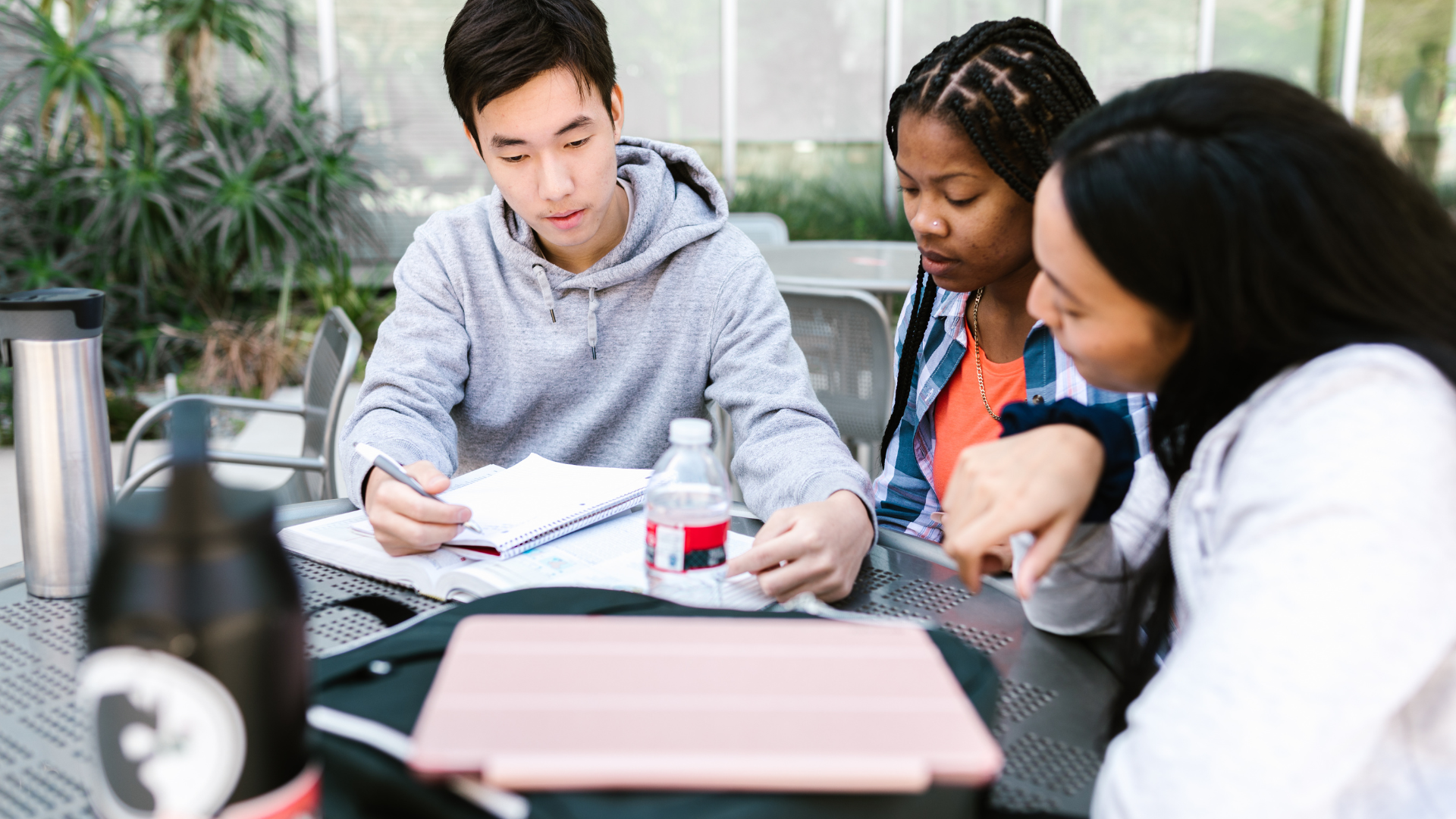Welcome, students! Are you tired of feeling overwhelmed and stressed out during exams? Do you find yourself procrastinating until the last minute or cramming all night before tests? If yes, then this ultimate guide is exactly what you need.
We understand that developing good study habits can be challenging, but fret not! Our team has put together a comprehensive guide to help you avoid bad study habits and achieve academic success. So sit back, relax, and get ready to discover the secrets to becoming a successful student. There’s no question that bad study habits can lead to poor grades and a lot of stress for students. But the good news is that there are plenty of ways to avoid them!
Here’s a look at some of the most common bad study habits and how you can avoid them:
Not Having a Plan:
One of the biggest mistakes students make is not having a plan for how they’re going to study. Without a plan, it’s easy to get sidetracked or even forget to study altogether. Make sure you know what you need to study when you need to study it, and how you’re going to fit it all into your schedule.
Cramming:
Cramming for exams is never a good idea. Not only is it ineffective, but it can also lead to last-minute panic and poor test performance. Start studying early and spread out your studying over time, so you don’t have to cram everything in at the last minute.
Skipping Classes:
It might seem like an easy way to get out of studying, but skipping classes will only make things worse in the long run. You’ll miss important lectures and information, which will make it harder to catch up later on. Plus, your professor is likely to notice if you’re constantly skipping class and may lower your grade as a result.
Common Bad Study Habits and Why They’re Unproductive
Skipping class:
One of the most common bad study habits is skipping class. Not only does this mean you’re missing out on valuable lectures and discussions, but it also makes it more difficult to keep up with the material. If you’re struggling to stay motivated, try setting a goal for attendance – such as attending all of your classes for a week – and reward yourself when you reach it.
Cramming:
Cramming for exams is often ineffective and can lead to last-minute panic. Instead of trying to stuff everything into your brain at once, create a study schedule and stick to it. Reviewing material gradually will help you retain information better and feel more confident come test time.
Procrastinating:
Putting off assignments until the last minute is another bad study habit that can lead to stress and poor results. If you find yourself procrastinating, try breaking up your work into smaller chunks and setting deadlines for each section. You can also try using a productivity tool like a Pomodoro timer to help you stay on track.
Not taking breaks:
It’s important to take breaks while studying, so you don’t get overwhelmed or burnt out. Taking 5-10 minutes every hour or so to stretch, walk around, or grab a snack can help refresh your mind and body so you can continue working effectively.
How to Develop Good Study Habits
Assuming you already have a basic understanding of studying and are simply looking to improve your habits, here are a few tips:
Get organized
The first step to good study habits is getting yourself organized. This means having a designated space for studying, as well as having all of the materials you need at your fingertips. This will help you avoid distractions and wasting time looking for things.
Make a schedule
Scheduling out your study time can be extremely helpful in making sure you get enough done. By setting specific times for when you will study and what you will work on during that time, you can make the most of your time and avoid feeling overwhelmed.
Take breaks
It is important to take breaks while studying so that you do not get burnt out or start to lose focus. Breaks also give you a chance to move around and get your blood flowing, which can help improve concentration. Just be sure not to take too long of a break or it may interrupt your momentum.
Eliminate distractions
This one can be difficult, but trying to eliminate distractions while studying is important. This means putting away your phone, turning off the TV, and anything else that might take away from your focus. If you need music to concentrate on, consider using headphones so that you are not bothered by outside noise.
Benefits of Adopting Good Study Habits
There are many benefits to adopting good study habits. Some of these benefits include improved grades, higher test scores, and better time management skills. Good study habits can also lead to a more positive attitude towards learning and school in general. Additionally, students who develop good study habits are more likely to be successful in college and beyond. Finally, good study habits can help reduce stress levels and improve overall mental health.
Tips for Staying Motivated and Overcoming Distractions
It can be difficult to stay motivated when studying, especially if you are struggling with the material. Here are some tips to help you overcome distractions and stay on track:
- Set small goals and reward yourself for reaching them. This will help you stay focused and motivated.
- Take breaks often, but make sure they are productive. Go for a walk, listen to music, or read a book.
- Find a study buddy who can help keep you accountable.
- Create a positive study environment by organizing your space and eliminating distractions.
- Be patient with yourself, and don’t get discouraged if you don’t understand something immediately. It takes time to learn new things!
The Role of Technology in Developing Good Study Habits
Students today are under more pressure than ever to succeed. The role of technology in developing good study habits is essential. By using technology, students can develop good study habits that will help them succeed in school and in life. There are many ways that technology can help students develop good study habits. For example, online resources can provide students with access to practice quizzes and tests. This can help students learn the material more effectively and retain information for longer periods of time. Additionally, online flashcards and study tools can help students memorize information more effectively.
Another way that technology can help students develop good study habits is by providing them with opportunities to receive feedback on their work. For example, online forums and discussion boards can allow students to get feedback from their peers on their work. Additionally, online tutoring services can provide students with individualized feedback on their work.
Finally, technology can help students stay organized and on track with their studies by providing them with access to online calendar applications and planners. By using these tools, students can keep track of due dates for assignments and exams, as well as track their progress over time.
Technology plays a vital role in helping students develop good study habits. By providing access to practice quizzes and tests, online flashcards, and study tools, as well as opportunities for feedback and organization, technology can help students succeed in school and in life. Avoiding bad study habits is essential for student success and reaching your academic goals. By setting up a structured routine, utilizing effective study techniques, and engaging in healthy lifestyle choices, you can create an environment that will help you stay on track with your studies.
Through this article, we have provided some tips on how to ensure you are avoiding bad study habits and creating good ones instead. With the right guidance, students can make their academic dreams come true!


